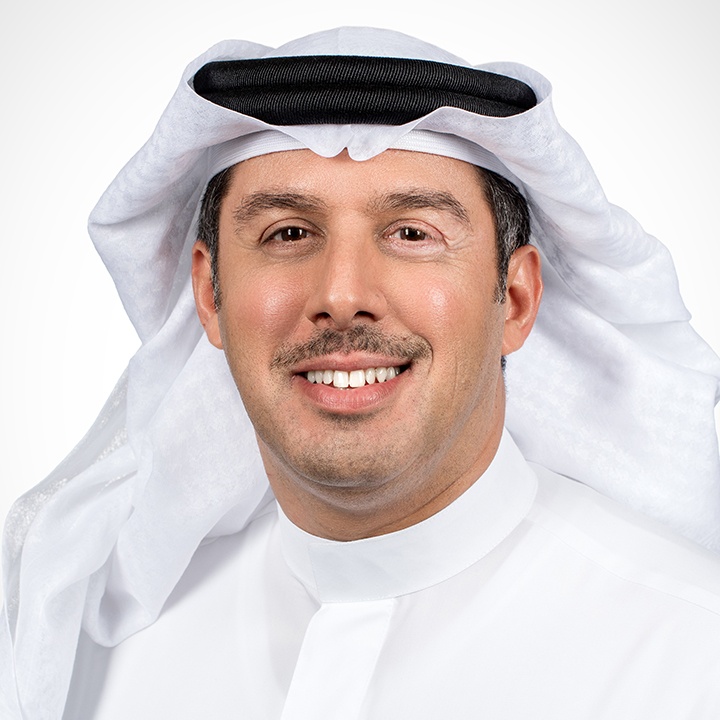Bucking the global trend
Last year, global flows of foreign direct investment (FDI) fell by thirteen percent – to the lowest level since the global financial crisis. As UN Secretary-General Guterres notes in his preface to the latest World Investment Report (WIR) from the UN Conference on Trade and Development (UNCTAD), this sharp drop in FDI underlines the lack of growth in international investment over the past decade.
Closing export and FDI gaps is essential for any country seeking to diversify or increase development in its economy. Therefore, the global declining trend in cross-border productive investment highlighted by the report makes for sobering reading. And yet while WIR 2019 paints a picture of a less friendly and more difficult and competitive market globally, some regions have bucked the trend. The million-dollar question: in the face of the fourth industrial revolution (4IR), can they continue?
Innovative use of SEZs
WIR 2019 data provides useful insights. Asia saw FDI increase by six percent in 2018 to 39 percent of global inflows – the lion’s share. The region’s developing, lower-income countries received USD $512 billion in the same period, up 3.9 percent from the previous year. Meanwhile West Asia – including the Middle East – halted an almost continuous 10-year downward trend with a 3 percent rise in investment to USD $29 billion. Saudi Arabia and Turkey led the way while Bahrain enjoyed more than USD $1.5 billion, representing a 6 percent rise from the previous year.
Much of the region’s success in bucking the global downward trend can be attributed to innovative use of Special Economic Zones (SEZs) – the key theme of WIR 2019. Of the 5,400 or so SEZs in the world today, some 4000 – three quarters of the world’s total – are in Asia. WIR 2019’s research attributes Bahrain’s 6% FDI boost mainly to growing interest in the manufacturing sector. The report cites both Mondelez International (United States) and Ariston Thermo Group (Italy) setting up manufacturing facilities in Bahrain in 2018. Both companies set up in Bahrain International Investment Park – an SEZ.
Anticipating and adapting to trends
Historically, many countries have used import duty exemption, tax holidays and various incentives to increase their FDI. It’s important to continue innovating new techniques. There are multiple SEZ benefits, such as their important role in attracting FDI. Yet the report makes clear that for every success story, there were multiple costly failures. Furthermore, in his foreword to the report, UNCTAD Secretary-General Mukhisa Kituyi singles out 4IR as a key challenge for SEZ implementation going forward: “[4IR] could erode the importance of low labour costs, the traditional competitive edge of most SEZs. SEZs will need to anticipate trends in their targeted industries and adapt.”
The Arab World should take note. Our strength in a world undergoing vertiginous change has been our focus, agility and ability to nimbly regulate. If the Middle East is to sustain some of the first FDI growth it has seen in a decade, we must continue to adapt, take risks and innovate – and not only with regard to our SEZs.
Continuous improvement that never stops
In Bahrain, for example, we are continuously developing air, sea, and road networks to facilitate the entry of imports; reducing complexity of procedures; and improving the speed of the customs process so businesses can clear their goods in less than 24 hours. Indeed, Mondelez and Ariston Thermo were just two of 32 new or expanding companies that chose Bahrain for their regional Manufacturing, Transport or Logistics (MTL) hub in 2018.
Above all, the foundation to our economic success has been our ability to work collaboratively across the public and private sectors to build a business-friendly environment, and that will continue to be the number one draw for entrepreneurs, startups and multinationals alike. We call this our ‘Team Bahrain’ approach and it was responsible not just for bringing Mondelez to the Kingdom, but also for reducing the transit time from their Bahrain factory to the region’s largest market – Saudi Arabia – by 70%. In short, our MTL sector is a study in continuous improvement that never stops.
If we as a region adopt this flexible, human-centred approach to business and focus on anticipating and adapting to global trends, we will continue to secure growth where least expected. This is how we can take a leading role in 4IR. The Bahrain Economic Development Board has partnered closely with the World Economic Forum’s Centre for the Fourth Industrial Revolution in San Francisco and has a dedicated team member working with the team there. We are committed not just to taking part in the conversation but to staying ahead of it. Disruption is sweeping the world at breakneck speed and will not slow down anytime soon. Neither should we.




